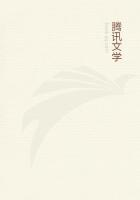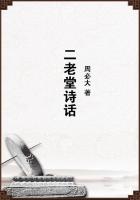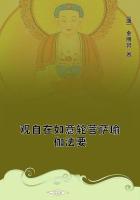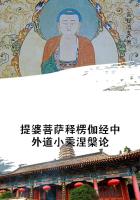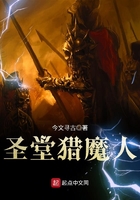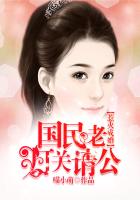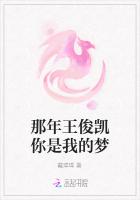Moreover, the organizing energy seems often to be at work when consciousness itself is at rest, as in sleep. Often enough a man debates and debates on lines of conduct and wakes up with his problem solved. Or he works hard to learn and goes to bed discouraged, because the matter is a jumble, and wakes up in the morning with an orderly and useful arrangement of the facts. A writer seeks to find the proper opening,--and gives up in a frenzy of despair. He is perhaps walking or driving when suddenly he lifts his head as one does who is listening to a longed-for voice, and in himself he finds the phrases that he longs for.
Something within has set itself, so it seems, the task of bringing the right associations into consciousness. What we call quickness of mind, energy of mind, is largely this function.
It is this which adapts us to different situations, different groups, by calling into play organized modes of talking or acting. We pass from a group of ladies in whose presence we have been friendly but decorous, perhaps unconventionally formal, to a group of business intimates, men of long acquaintance. Without even being conscious of it we lounge around, feet on the table, carelessly dropping cigarette ash to the floor, using language chosen for force rather than elegance; we discuss sports, women, business and a whole group of different emotions, habits and purposes come to the surface, though we were not at all conscious of having repressed them while in the presence of the ladies. A faux pas is where the organizer has "slipped" on his job; lack of tact implies in part a rigid organizing energy, neither plastic nor versatile enough.
We are now ready to face certain developments of these three main factors, viz., the response to stimuli; choice and inhibition, and the organizing energy. Largely we might classify people according to the type of vigor of their reactions to stimuli, the quality and vigor of choice and of inhibition, and the quality and vigor of the organizing energy. We note that there are people who have, as it were, exquisitely sensitive feelers for the stimuli of one kind or another and who react vigorously, perhaps excessively; that there are others of a duller, less reactive nature, largely because they are stimuli-proof. Others are under-inhibited, follow desire or outer stimulus without heed, without a brake; others are over-inhibited, too cautious, too full of doubt, unable to choose the reaction that seems appropriate. The organizing energy of some is low; they never seem to unify their experiences into a code of life and living; they are like a string of beads loosely strung together with disharmonious emotions, desires, purposes. In others this energy is high, they chew the cud of every experience and (to change the metaphor) they weld life's happenings, their memories, their emotions and purposes into a more unified ego, a real I, harmonious, self-enlightened; clearly conscious of aim and end and striving bravely towards it. Or there is over-unification and fanaticism, with narrow aim and little sympathy for other aims.
Sketched in this very broad way we see masses of people, rather than individuals, and we are not finely adjusted to our subject.
Psychologists rarely concern themselves to any extent with these matters; they deal mainly with their outgrowths,--emotions, instinct, intelligence and will. We are at once beset with difficulties which are resolved mainly by ignoring them. In such a book as this we are not concerned with the fundamental nature of these divisions of the mental life, we must omit such questions as the relation of instinct to racial habit, or the evolution of instinct from habit, if that is really its origin.
Again I must repeat that we shall deal with these as organic, as arising in the sensitized individual as a result of environmental forces, as manifestations of a life which is as yet--and perhaps always will be--mysterious to us. We shall best consider these manifestations of mental activity as an interplay of the reactions of stimulation, inhibition, choice, organizing energy, and not as separate and totally different matters. We shall see that probably emotion is one aspect of reaction to the world, while instinct is merely another aspect; that intelligence is a cerebral shift of instinct, and that will is no unity but the energy of instincts and purposes.
Before we go farther we must squarely face a problem of human thought. Man, since he started reflecting about himself, has been puzzled about his consciousness. How can a person be aware of himself, and what identifies and links together each phase of consciousness? There is an enormous range of thought on this subject: from those who identified consciousness as the only reality and considered what the average person holds as realities--things and people--as only phases of consciousness, to those who, like Huxley, regard consciousness as an "epi-pbenomenon," a sort of overture to brain activity and having nothing whatever to do with action, nothing to do with choice and plan, so that, as Lloyd Morgan points out, "An unconscious Shakespeare writes plays acted by an unconscious troupe of actors to an unconscious audience." The first extreme view, that of Berkeley and the idealists, nullifies all other realities save that of the individual thinker and reduces one to the absurdities of Solipsism where a man writes books to convince persons conjured up by himself and having no existence outside of himself; the other view nullifies that which seems to each of us the very essence of himself.
I shall take a very ****** view of consciousness,[1] simply because I shall deliberately dodge the great difficulties.


